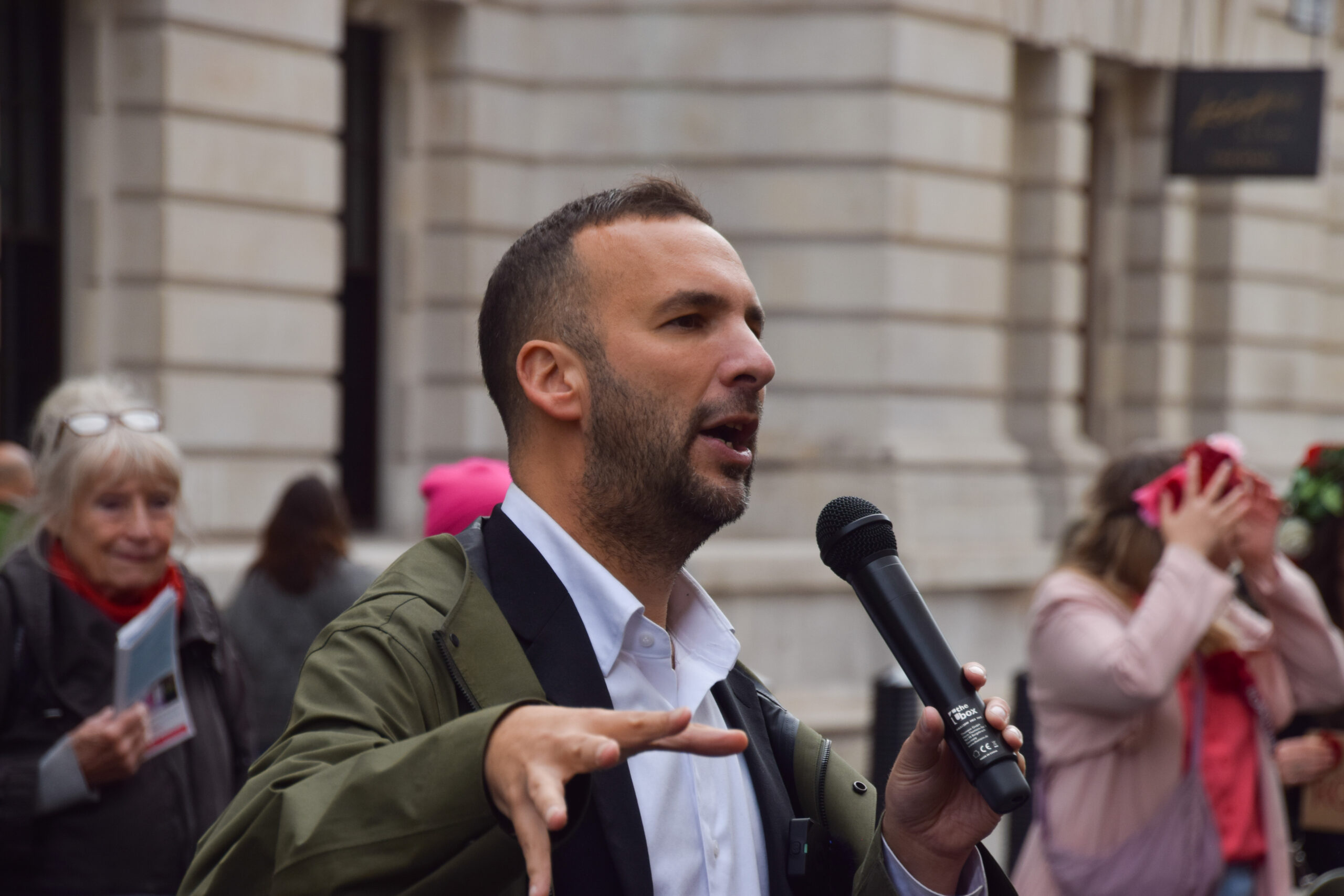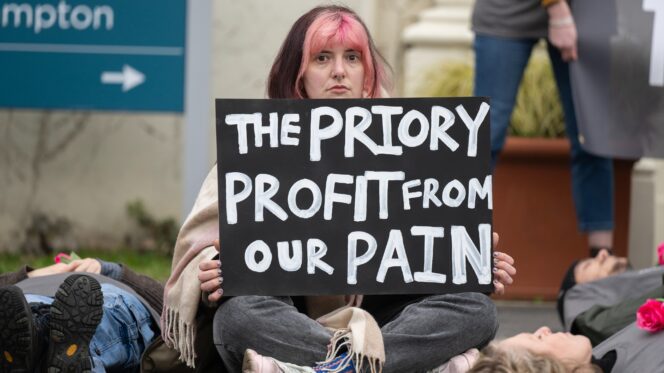Zack Polanski Has Pledged to Legalise Drugs. So Should All Leftwing Leaders

When it comes to the legalisation of drugs, the times, they are a-changing. Unlike in Bob Dylan’s Woodstock heyday, when the legalisation of drugs seemed possible only in 3am spaced-out conversations, legalisation is increasingly a reality in our contemporary world. Not that you would know from the British establishment’s hysterical response to Green party leader Zack Polanski.
At the start of October, following his election as party leader, Polanski reaffirmed his commitment to the legalisation of all drugs. “The war on drugs has absolutely failed,” Polanski correctly pointed out, “and ultimately we need to be having a public health approach.” While most UK politicians, from David Cameron to David Lammy, have criticised the drug war when they were backbenchers but fell silent as soon as they entered high office, it was impressive to see Polanski’s consistency after his elevation.
It wasn’t long before the pearl-clutching began. A couple of weeks later, Polanski went on Jeremy Vine’s show, where he debated the topic of drug legalisation with Daily Express columnist Carole Malone. Malone proceeded to show exactly why Britain’s drug debate remains mired in the last century, engaging with Polanski’s careful arguments with all the good faith and mutual respect of a playground bully.
When Polanski argued that the regulation of drugs would remove their production and supply from underground networks, Malone shot back, “You’re advocating that children be allowed to take them.” Later, Malone chastised Polanski for describing drug addiction as a disease, claiming it was “self-inflicted”, a notion straight out of the late Victorian era. When Polanski sought to mention the different approach to drugs taken by Portugal, a country once known as the ’drug death capital of Europe’- a title now held by the UK, Malone berated him, shouting “Stop! You don’t get away with mentioning Portugal!”
Malone’s argument that “Portugal has been a complete and utter disaster” ignores evidence that details how there was a steep decline in the number of overdose deaths, HIV diagnoses, and other associated drug harms following the implementation of Portugal’s policy. Listening to Malone’s paranoid tirade was enough to stupefy the mind more than the strongest narcotic.
Neither Polanski nor Malone made much reference to recent or radical examples of global drug reform. Portugal merely decriminalised drugs – downgrading possession from a criminal to a non-criminal matter – rather than fully legalising and regulating them, as Polanski advocates. They also did so more than 20 years ago.
Since then, developments in drug policy have moved beyond the Portuguese model. In recent years, recreational cannabis has been fully legalised in Uruguay, Canada, Germany and half the US states. Medical cannabis is now legal everywhere from the UK to Malawi, while in Australia, psychedelics have been rescheduled to allow for the legal provision of psychedelic-informed therapy.
Evidence from these countries shows that the fears thrown at Polanski – that young people will all start doing nothing but drugs, and that society will collapse – haven’t come to pass. In the US, over a decade since cannabis legalisation began, even the director of the National Institute on Drug Abuse had to admit: “I was expecting the use of marijuana among adolescents to go up, but overall, it hasn’t.”
Those who defend Britain’s punitive drug orthodoxy must ignore international data to maintain their position – their arguments depend on fear, rather than fact. The war on drugs has been a centuries-long experiment, and the results are in. The war on drugs promised a drug-free society and instead delivered a Britain in which thousands of young people carry criminal records for non-violent offences that haunt them for the rest of their lives; patients who need essential medicines are denied access to them; and people struggling with substance use are met not with care and support, but with shame and punishment. Earlier this month, drug deaths in England and Wales hit a record high. While demagoguery like Malone’s might make good telly, it has made for catastrophic policy.
In Britain, because of our sclerotic, quasi-feudal, uncodified constitutional system, we need a parliamentary politician or, better yet, a parliamentary party to champion a change in the law before it can happen. In the US, cannabis legalisation has been pushed forward at the state level largely through the ballot initiative process, a form of direct democracy that allows citizens to enact laws via referenda at every electoral cycle. Ballot initiatives are what allowed ordinary Americans to change their drug policies themselves, whilst politicians in Washington twiddled their thumbs. Yet with power hoarded in Westminster, Britain’s drug laws will continue to be stuck in the last century without parliamentary action.
There was little sign of movement in this regard until Polanski seized the initiative last month. Unlike in most of North America and Europe, the left in Britain has been quiet on the issue of drug policy reform, even though it touches on many of its core concerns, including environmental justice, access to health and the criminalisation of poor and vulnerable communities, particularly those of colour.
This strategy of studied silence leaves the field open for the right to seize this issue of drug reform, which polls show to be far more popular with the general public than you would assume from reading tabloid headlines. Nigel Farage is on record in 2014 supporting the legalisation of drugs. Reem Ibrahim of the free-market think tank the Institute of Economic Affairs appeared on the same Jeremy Vine Show later and said she supported Polanski’s policy, even though she resides on the opposite side of the political spectrum. In 2023, Rick Perry, the ultra-conservative governor of Texas turned proponent of psychedelic therapy, argued that when it comes to the legalisation of psychedelics, “at the federal level, this is more supported by the Republicans than the Democrats.”
If the left abandons this conversation, drug reform can easily be framed in line with the interests of the right, going from the beatniks to the biohackers, from flower power to finance capital. There is a hyper corporate, free-market version of drug legalisation waiting to seize the agenda. While Polanski and Ibrahim might both support the legalisation of drugs, the way they would roll out reform would likely look very different from each other.
However we might personally feel about drugs, it is important to remember that drug scares, from the prohibition of alcohol in the USA during the 1920s to the UK’s banning of laughing gas in 2023, have never been about drugs themselves. Drug laws have been designed and weaponised as a tool for demonising and punishing particular groups in society at various times, whether that be racial minorities, immigrants, students, anti-war protestors, welfare recipients or just the young.
The left often faces the charge that it is full of criticism but short on ideas. Drug policy offers an area where change is not only possible, it is happening. Laws and policies regarding drugs are being rewritten across the globe in real time. And if we want to deal with issues of wealth inequality, the climate crisis or racial justice, we can’t ignore the question of drug laws.
Polanski’s willingness to talk openly about legalisation could be a sign that the tide could finally be turning. Drug reform is no longer a distant ideal that needs to be whispered about in leftwing circles. It is a real possibility, one we should be demanding without shame.
Kojo Koram is a professor of law at Loughborough University and author of the forthcoming book The Next Fix: The Winners and Losers in the Future of Drugs.


